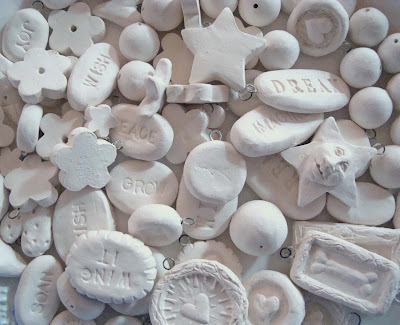
Okay, so let’s work with this a moment. There are thousands of possible ideas to cover the cup half empty/full analogy. I’m going to point one out that is very – let’s say – experiential.
Experiential is a way of learning things that helps you to remember the lesson (it requires involvement – mind and/or body….it’s like (in the most graphic of terms) when you burn your face with the curling iron you learn really fast not to get that thing so close to your skin. That’s a negative experiential learning process, but an effective one.
Now you have the concept of that type of learning. So how do you apply that physical/mental learning style to “blessings, gratefulness, thankfulness, and half-full cups”?
You are reading this blog and one leap in assumptions I can make is that you are an artist. You probably have a good imagination so I don’t think there is any need for you go and burn your forehead to get the gist of what I’m telling you to imagine.
EVERYONE learns experientially – if we didn’t we wouldn’t learn to ride a bike, or write, make love, and so on. These experiences help us to improve on the first lesson…or not to repeat it if it hurt too much in the first place (the burn).
You’re still waiting for this end of the year punch-line lesson. Right?
Here it is. It works – I know because I taught and facilitated groups of distraught teenagers and some adults on how to do this for 23 years.
Let’s take me for example – my knees hurt (I weigh entirely too much and have arthritis – just fact) – when I think negatively about this, and I find it “getting” to me, I take a moment to meditate. While I meditate I visualize myself in a wheel chair, or without feet, or on crutches with my armpits a flame. You’re creative – remember me coaching you on that earlier? Me too! And after I do that, like Nemo, I go to my happy spot for a moment and then open my eyes again. I think to myself – whoa, am I lucky…two feet, armpits don’t hurt, no wheelchair. This isn’t to disrespect the people who are disabled. It’s all about how to think and feel about the disability or personal challenge that counts, I think there are plenty of disabled people who understand this. How we think – it’s important.
If your cup isn’t half full – WHY NOT? Determine why you think it isn’t and change the mental scenario around it. This is a simplification of the process for sure and some life situations are beyond your control – but everyone has plenty of blessings and plenty of things they can whine about, be depressed about, or be hateful about if that is what they truly want. Me, my cup is half full and I hope yours is too. And, if for a tiny moment, you can’t find a blessing in your situation try the exercise I described above – apply it to your circumstances and needs….maybe it will help.
I wish you health and happiness.
Sharon

















































